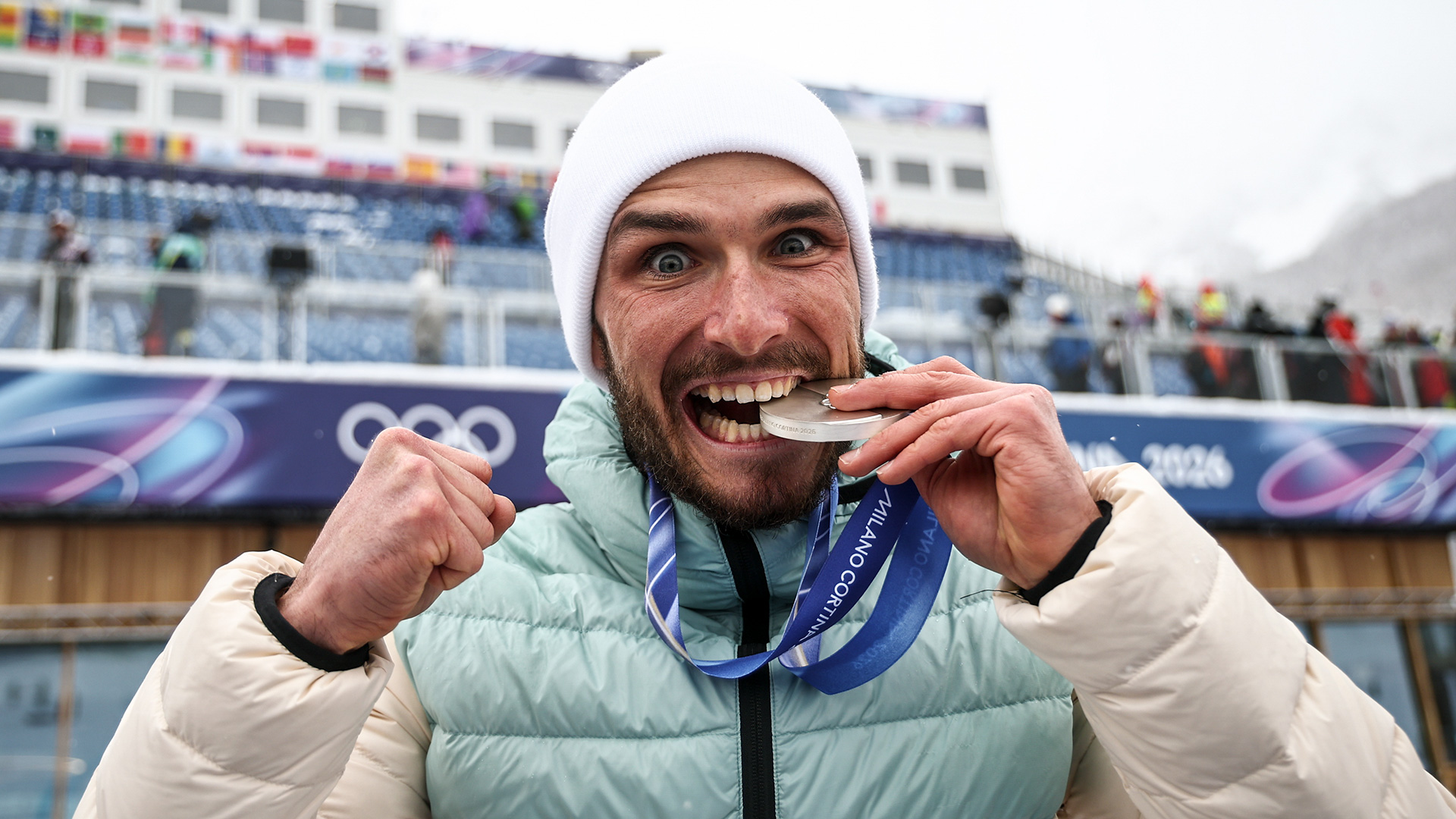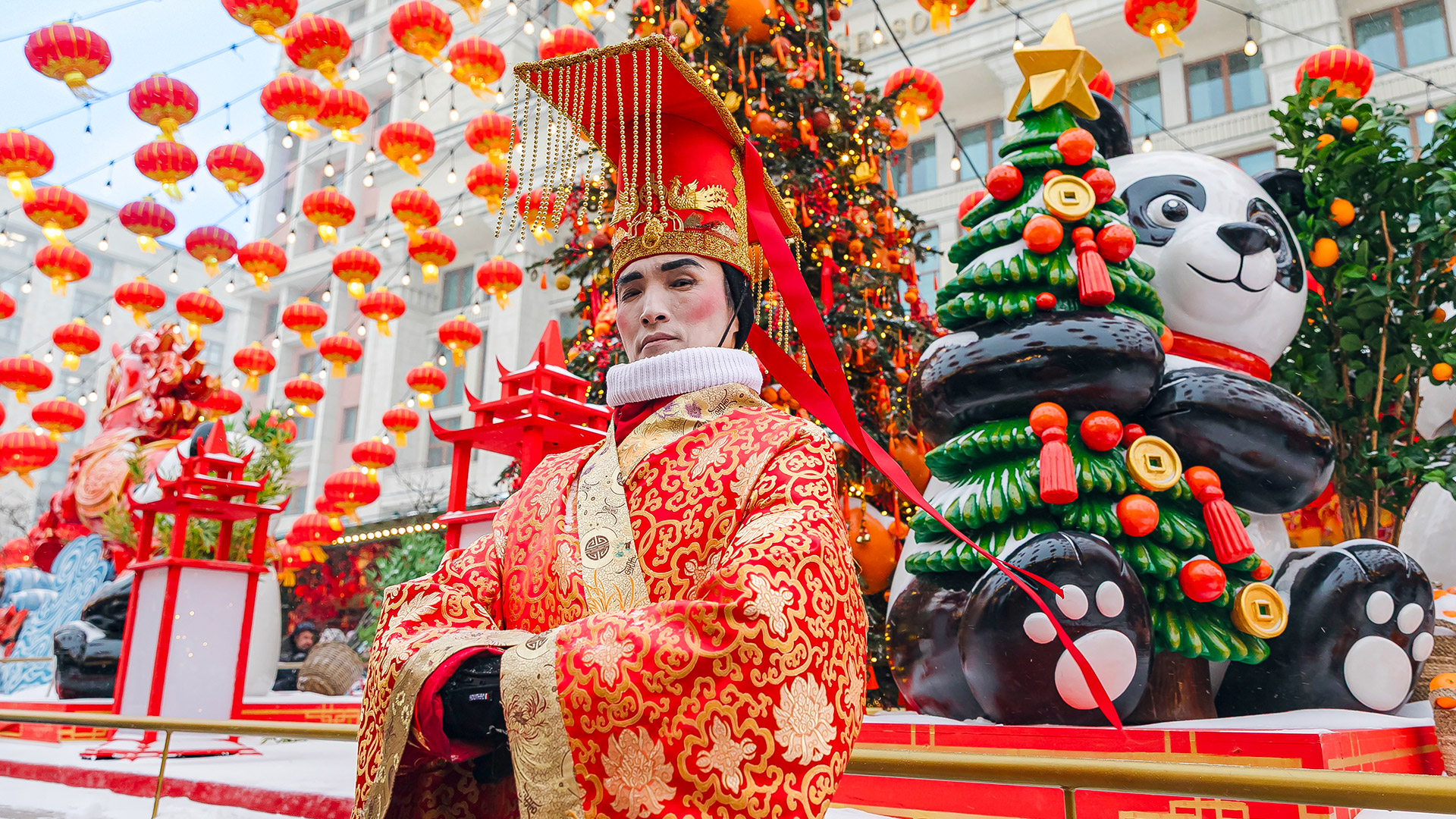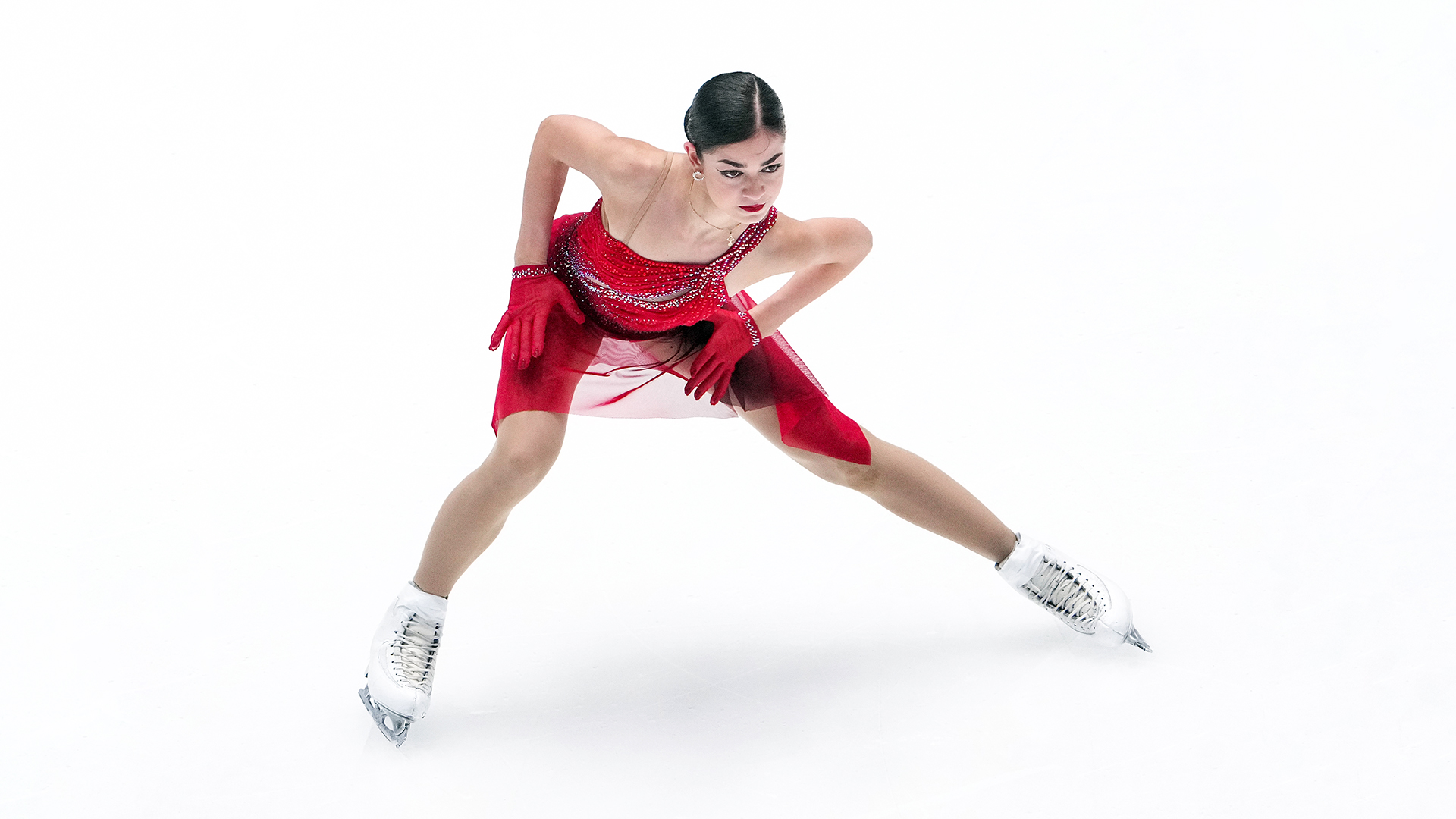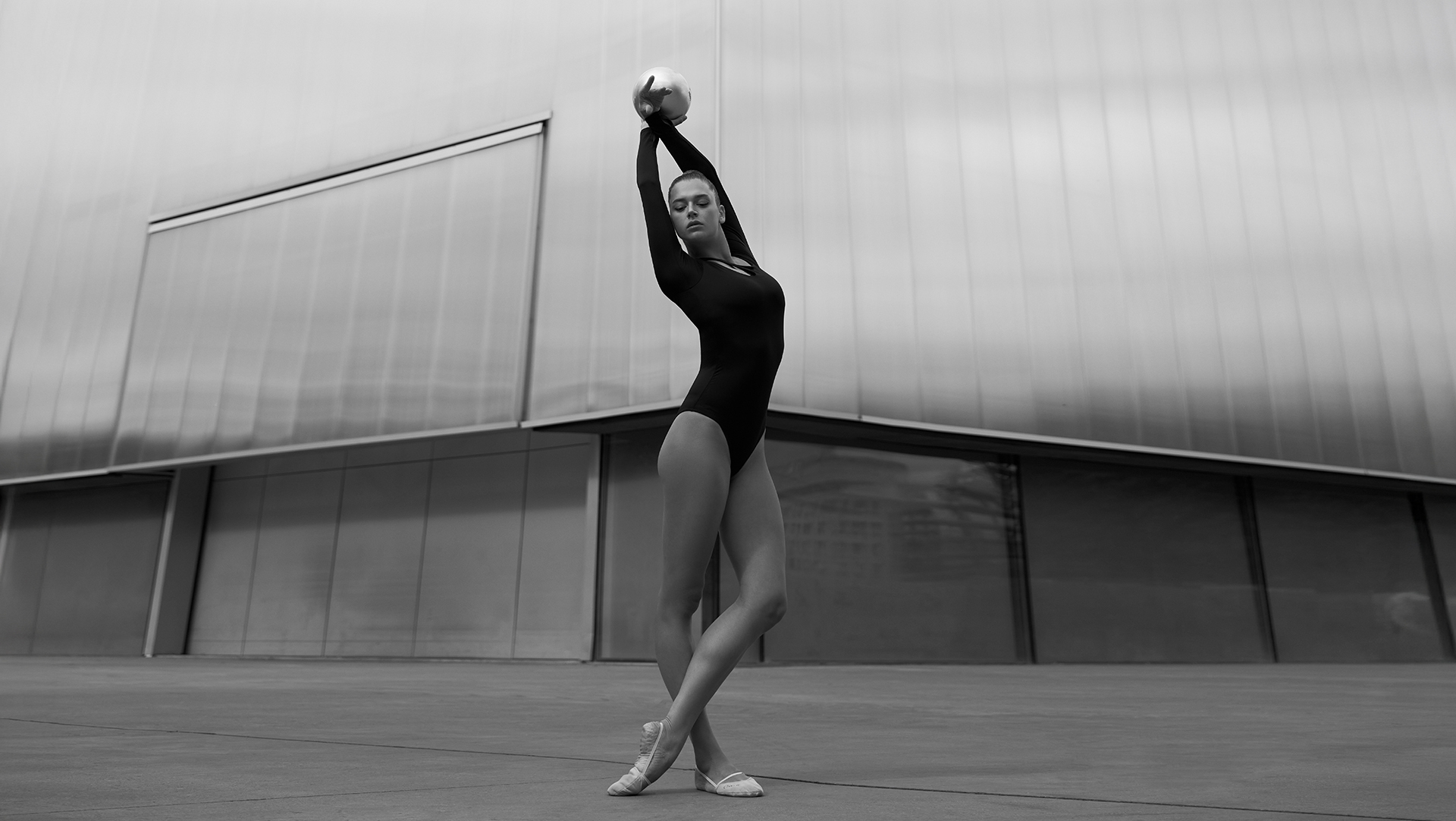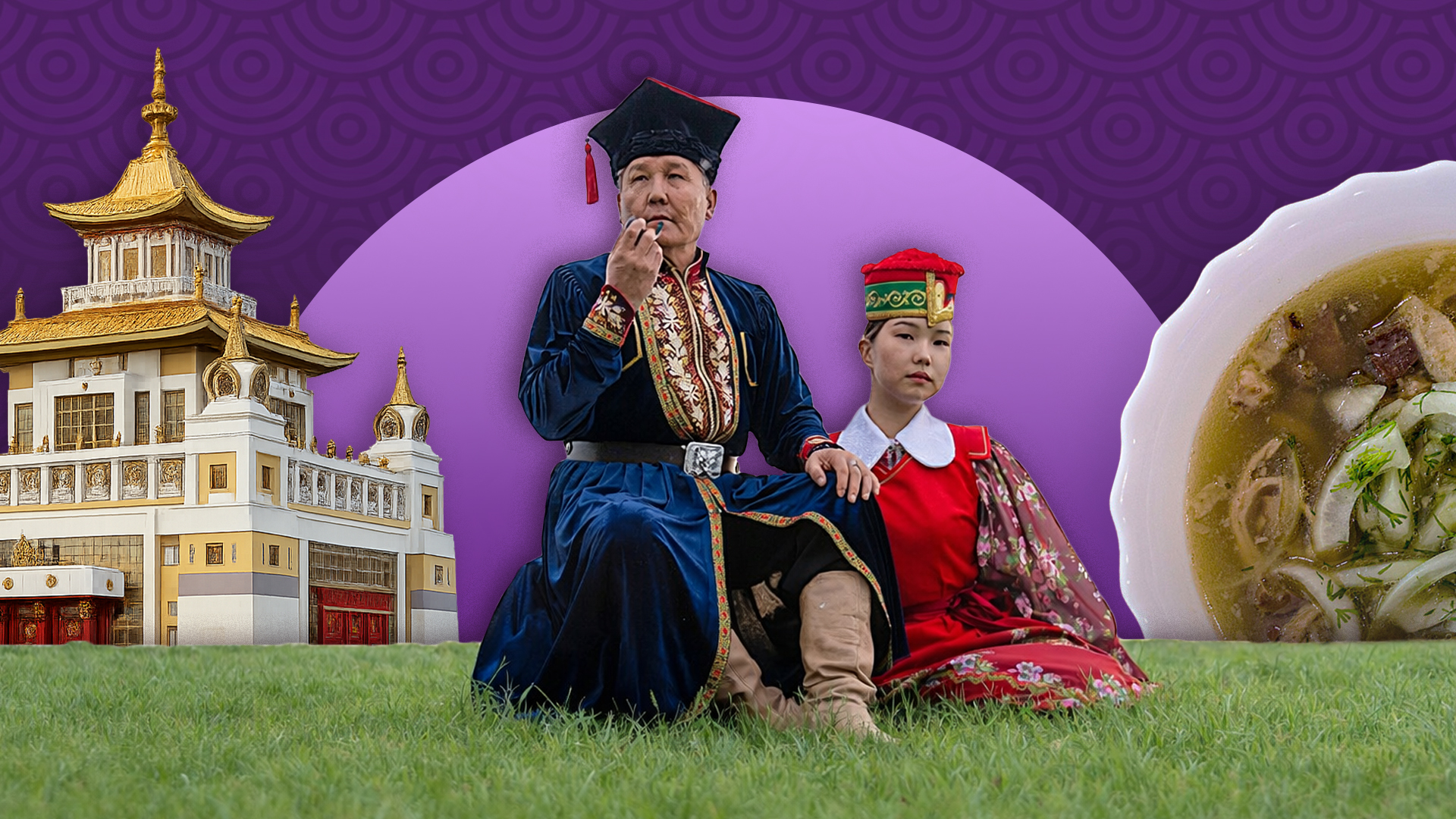
What is it like to be a Muslim in Moscow?
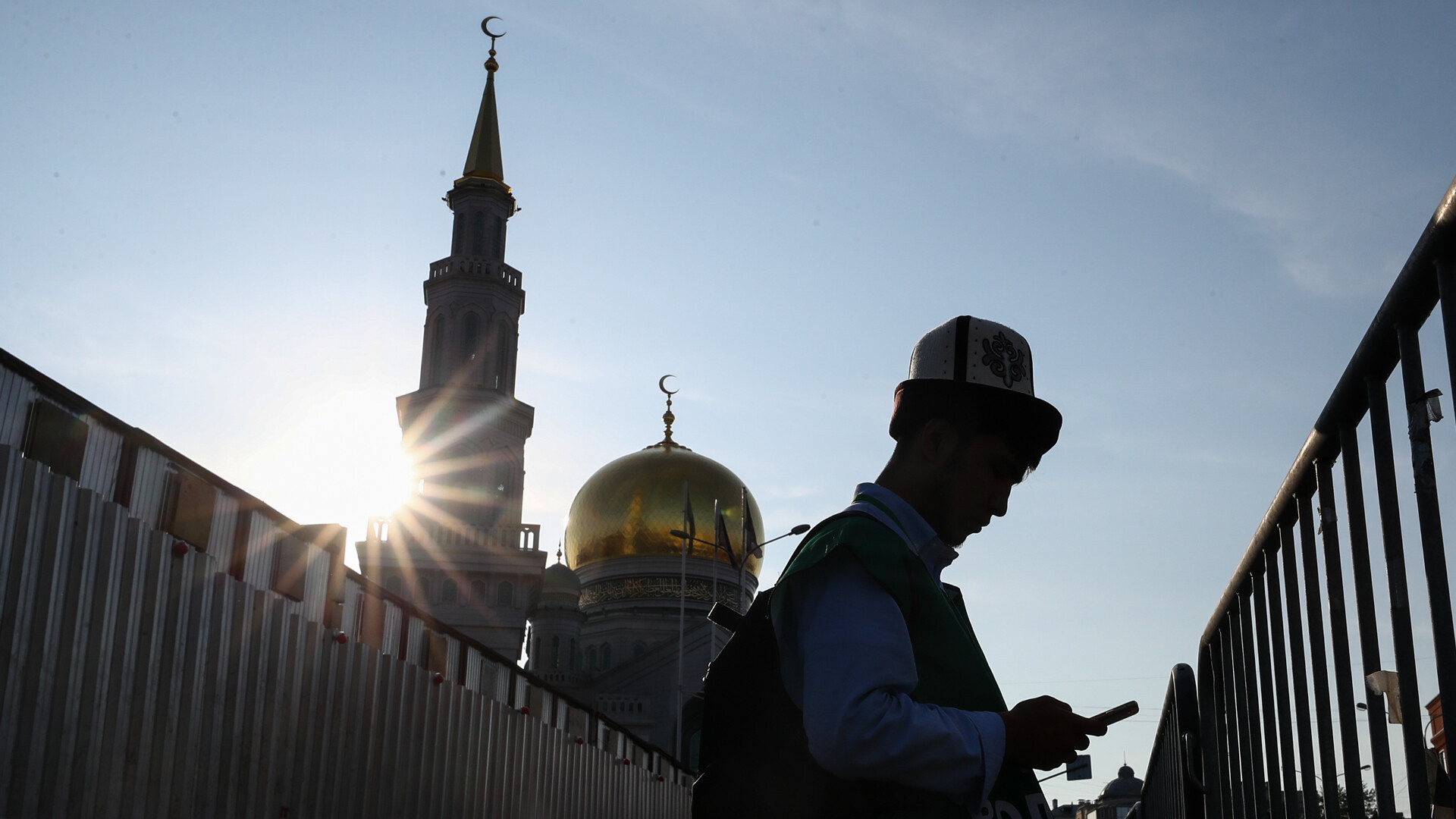
Islam is the second largest religion in Russia, one of the top 20 countries in the world in terms of Muslim population (13.6%). Christians and Muslims have lived side by side for centuries within the same state, which partly explains their ability to find common ground, even today.
The majority of Muslims in Russia still live in their historical areas of settlement - in the North Caucasus and in the republics of Tatarstan and Bashkortostan.
Life there is more organized according to Muslim canons, but many Muslims move to Moscow and St. Petersburg, which offer more opportunities.
In addition, residents of Central Asia (former Soviet republics) also come to Moscow to work. Currently, there are a total of 3.5 million Muslims of the total 13 million inhabitants of Moscow.
Historically, Moscow was an Orthodox and then an atheist Soviet city (the USSR fought against any religion). And, despite all the new Muslim residents, there are only four mosques and a couple of Muslim cultural centers in the capital. During Friday prayers and especially on major holidays, mosques cannot accommodate all comers, who resort to prayers right in the street. Despite this, Muslims consider the capital a comfortable city to live in.
There is no hate, there is misunderstanding
Aisha was born in Ingushetia (Ingushetia is a Russian republic in the North Caucasus, with 98% of its population practicing Islam) to a Muslim family and came to Moscow in 2021. She also has friends and relatives there, so she communicates more with Muslims than with people of other religions. “There are a lot of Muslims in the capital. I often get the feeling that I haven’t gone anywhere - wherever I go, every day I meet at least 3-4 covered girls, not to mention Muslims, in general,” says Aisha.
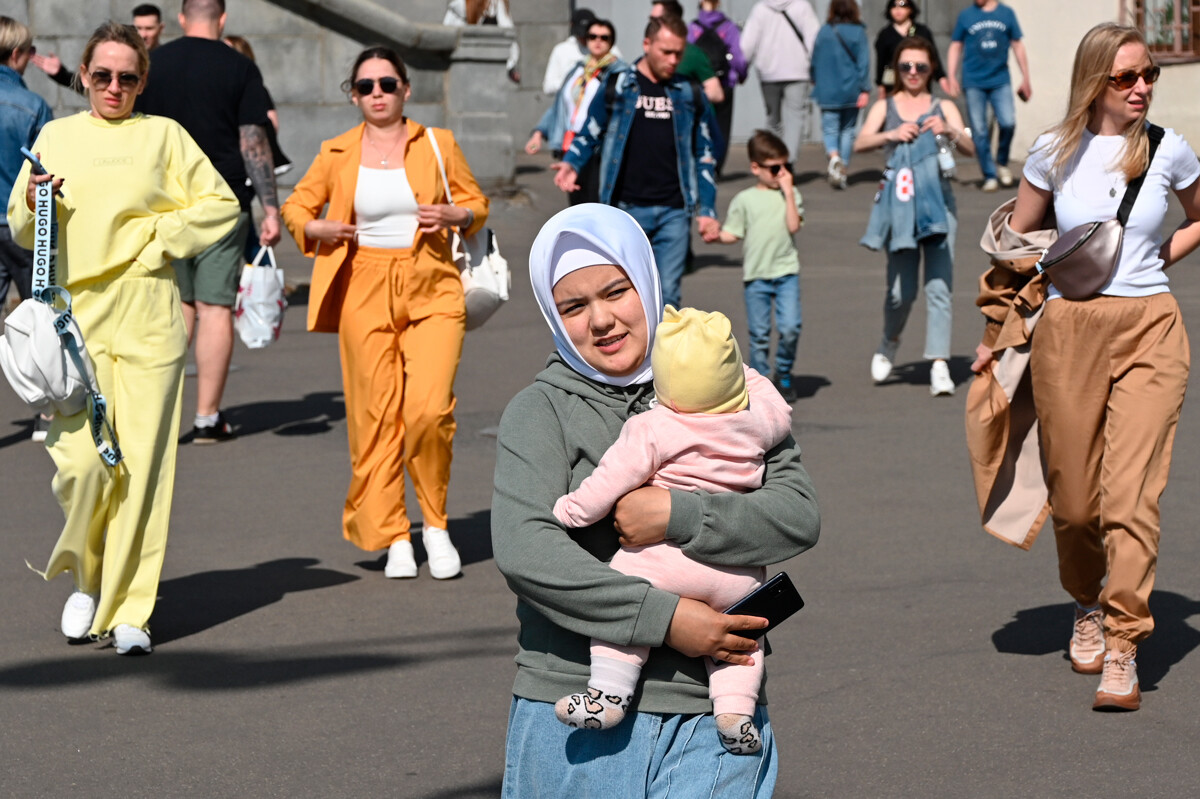
Aisha also wears a hijab. There are times when she hears strange jokes or comments, but she does not perceive this as hate, but rather as a misunderstanding, which can be overcome with time.
“When my covered up sister first went to university, she was ignored by other students. But, she is a very outgoing person and, over time, she made contact with everyone herself. Everyone realized that the hijab didn’t make her an alien. Now she’s doing great and is friends with everyone.”
According to Aisha, this “distancing” was upsetting to her at first, but, at the same time, she noted that she was treated more carefully and respectfully than her non-Muslim friends: “People in Russia are very open and move quickly to close communication. When you’re wearing a headscarf, they don’t quite understand what they can and cannot do or say. And so they communicate in a more reserved and respectful way."
"I like Moscow - everything is very convenient. You can pray anywhere, you can go to a mosque, you can give zakat (obligatory annual alms that all Muslims pay) to special funds. My Muslim friends, who travel a lot, always say that among non-Muslim cities Moscow is number 1 in terms of comfort for Muslims. Even London is in second place.”

Questions about Islam
Kamilla was born and raised in Samara (a city in the Middle Volga region, about 1,000 km from Moscow) to a Muslim family. Although she had more Muslim friends in her hometown, she feels comfortable in Moscow: “Religion is what’s inside a person. So, it makes no difference to me if I have Muslims around me. It doesn’t matter if the city is Muslim or not. Of course, it’s nice to go to cities where the call to prayer comes from minarets five times a day - it’s a completely different atmosphere. But, I still pay more attention to the overall level of comfort.
According to Camille, no one in Moscow says anything bad about her personally or about her faith. There was only one unpleasant incident, when girls at the university unflatteringly discussed Islam in her presence. But that did not spoil her impression of the city as a whole. Kamilla believes there are so many people in Moscow that it is easier to meet like-minded people, even in the field of Islam.
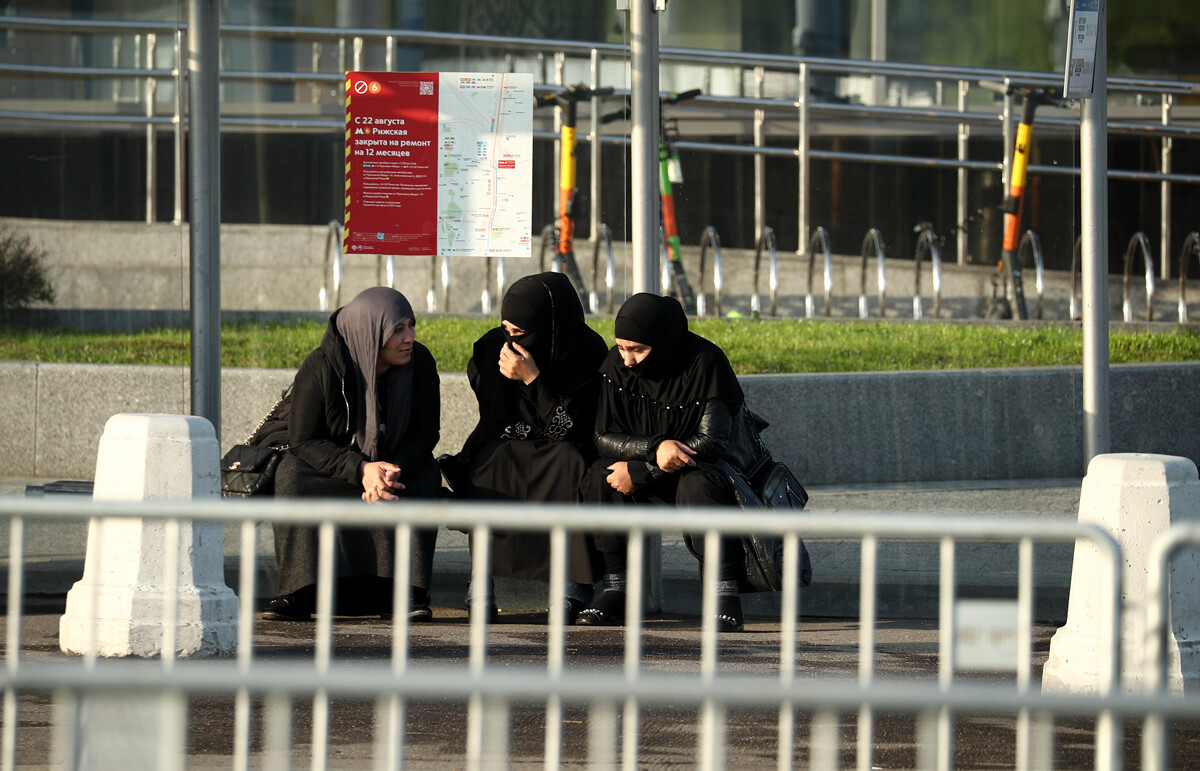
Preserving your identity
Magomed, a Chechen, shares Camille’s opinion of the friendliness of Moscow residents. He especially likes it when people ask him questions about Islam. He is pleased when people try to understand his faith.
Magomed was born in Chechnya, to a Muslim family, but he lived there only three years before moving to Germany. Because he spent his childhood in Germany, he was late in realizing his nationality and religion and spoke only German and English. It was not until he returned to Chechnya at age 11 that he learned Chechen and Russian and immersed himself in the study of Islam.
“I felt awkward and acted very shy the whole first year of living in Moscow. And then I adapted. Moscow, in general, helped me realize that I am much more sociable than I thought.” Magomed did not encounter any hate in his address, although he occasionally heard jokes about Muslims based on stereotypes: “It would be offensive if they started really mocking or insulting my faith - but that never happened.”
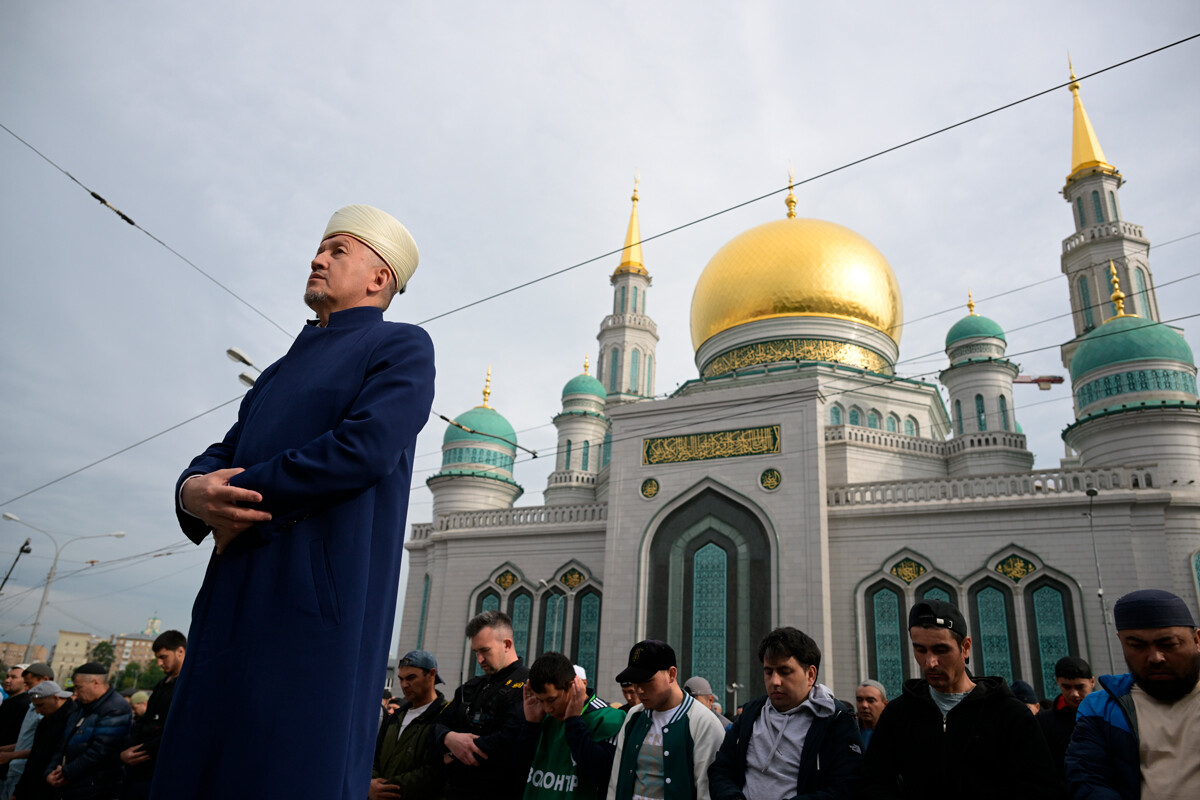
Moscow companies and institutions do not provide breaks for performing namaz, but Magomed does not miss prayers anyway. He takes a rug with him or simply uses his jacket when there is no rug handy. Other Muslims in Moscow do the same, sometimes even in the subway. “I was inspired by a scene I saw with my own eyes on my way to a bus stop this winter: there was a small field next to the bus stop, covered with snow and, in the middle of that field, a man spread a mat and performed namaz,” Magomed says.
For men in Islam, in addition to the five daily prayers, there is an obligatory Friday prayer at the mosque that takes place at noon. This is one of the few problems that Magomed noticed: “Friday in Moscow is not a day off, there is no shortened working day either, it takes me an hour and a half to get to the mosque. Sometimes, I have to skip Friday prayers.”
Magomed admits that, in Chechnya, it would be easier for him to observe all the precepts of Islam, but, in Moscow, he sees more opportunities. He also misses Germany a little, but if he had to choose between Germany and Russia, he would prefer Russia - spirituality and connection with his roots are important to him.




